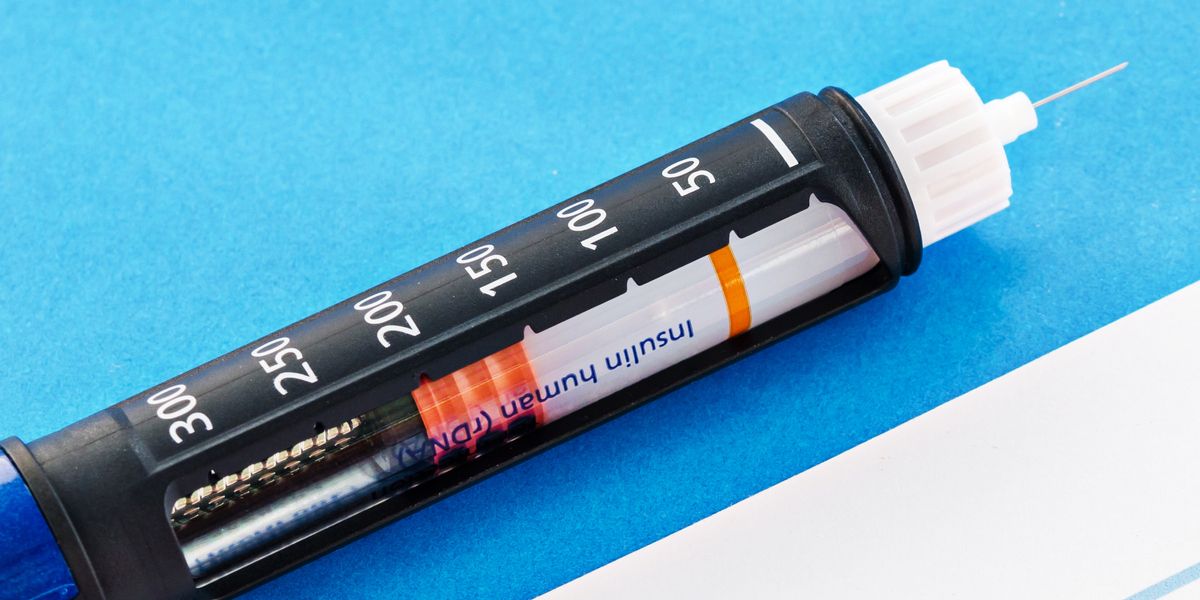Ground-breaking research has found that combining semaglutide with a new procedure could reduce or even prevent the need for insulin treatment in people with type 2 diabetes.
The study found that insulin therapy was no longer needed in 86% of the participants who were treated with semaglutide combined with ReCET (Re-Cellularization via Electroporation Therapy), a procedure which helps improve the body’s sensitivity to its own insulin.
Alternatives to insulin are needed as while it can help people with type 2 diabetes manage their blood sugar levels, it can lead to weight gain and cause complications when it comes to managing diabetes.
- Reversing Type 2 Diabetes
- Low Carb Diet: Beginner’s Guide
- Popular fasting diet more beneficial for treating type 2 diabetes than drugs, researchers say
The new study – the first to test the procedure in humans – involved 14 volunteers aged 28 to 75 with BMIs from 24 to 40 kg/m2. Each participant was sedated to undergo the ReCET procedure before embarking on an isocaloric liquid diet for two weeks. Following this, semaglutide was gradually adjusted up to 1mg/week.
Twelve out of 14 participants (86%) no longer needed insulin therapy at six, 12 and 24-month follow ups. Glycaemic control was also maintained, with HbA1c levels in all patients staying below 7.5%.
Lead study author Dr Celine Busch said: “These findings are very encouraging, suggesting that ReCET is a safe and feasible procedure that, when combined with semaglutide, can effectively eliminate the need for insulin therapy.
“Unlike drug therapy, which requires daily medication adherence, ReCET is compliance-free, addressing the critical issue of ongoing patient adherence in the management of T2D.
In addition, the treatment is disease-modifying: it improves the patient’s sensitivity to their own (endogenous) insulin, tackling the root cause of the disease, as opposed to currently available drug therapies, that are at best disease-controlling.”
- Low intake of sugar and starch is beneficial for people with IBS
- Weekly insulin injections as effective at controlling blood sugar as daily injections
- How bats regulate their blood sugar levels could lead to new therapies for metabolic conditions like diabetes
Almost all of the participants (93%) tolerated the maximum dose of semaglutide well and all of them were able to complete the ReCET procedure.
Looking to the future, Dr Busch said: “We are currently conducting the EMINENT-2 trial with the same inclusion and exclusion criteria and administration of semaglutide, but with either a sham procedure or ReCET. This study will also include mechanistic assessments to evaluate the underlying mechanism of ReCET.”




